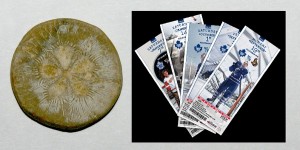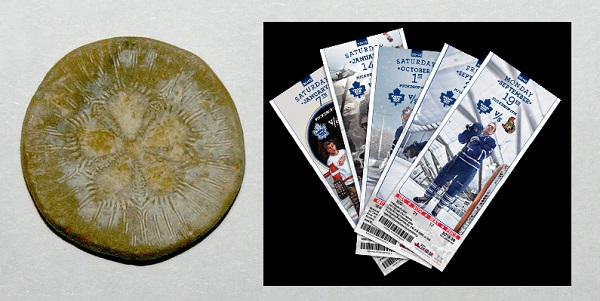
For years, hotels and airlines, car rental agencies and energy companies have been using a phenomena known as dynamic pricing to set costs for their consumers. This real-time pricing results in fluctuations depending on a variety of factors, but is often associated with supply and demand – and it is becoming more and more prevalent in the sports world.
This economic practice has been studied by Dr. Eric Dolansky, an assistant professor at the Goodman School of Business at Brock University. Specifically, Dr. Dolansky has examined sequences of pricing and the effect it has on consumer habits. While many consumers grumble about dynamic pricing causing hikes in gas prices, that in part has to do with the unpredictability of the increases.
The situation with sports tickets is a bit different in the minds of consumers, argues Professor Dolansky. This type of dynamic pricing is tied to demand, so consumers expect the prices to increase as the nature of the competition increases, or the date of the event nears and the supply of available tickets dwindles. For example, seats in Section 121 at the Air Canada Centre on October 17 for a Toronto Maple Leafs game against the Carolina Hurricanes range from $193 to $223. But in the same section for the Leafs’ October 26 game versus the Pittsburgh Penguins, tickets range from $253 to $288.

Evidence Professor Dolansky has studied suggests when consumers are aware prices are going to rise from a particular point, and they have a basic understanding of the events that are driving the increase, they tend to believe it is more fair. For the Silo, Stephen Murdoch
Supplemental- Conference keynote presentations by Dr. Dolansky
Clemente, S., Dolansky, E., Mantonakis, A. and White, K. The Effects of Perceived Product-Association Incongruity on Consumption Experiences – Academy of Wine Business Research Conference, Niagara, Ontario, June, 2013.
Clemente, S., Dolansky, E., Mantonakis, A. and White, K. The Effects of Perceived Product-Association Incongruity on Consumption Experiences – Society for Consumer Psychology, Las Vegas, Nevada, February, 2012.
Clemente, S., Dolansky, E., Mantonakis, A. and White, K. The Effects of Perceived Product-Association Incongruity on Consumption Experiences – Association for Consumer Research, Vancouver, British Columbia, October, 2012.
Clemente, S., Dolansky, E., Mantonakis, A. and White, K. The Effects of Perceived Product-Association Incongruity on Consumption Experiences – Southern Ontario Behavioural Decision Research, Waterloo, Ontario, May, 2012.
Old school sports tickets and events– Gladiatorial Combat http://wanderstories.com/wp-content/samples/book/Rome/Colosseum.html


Leave a Reply
You must be logged in to post a comment.